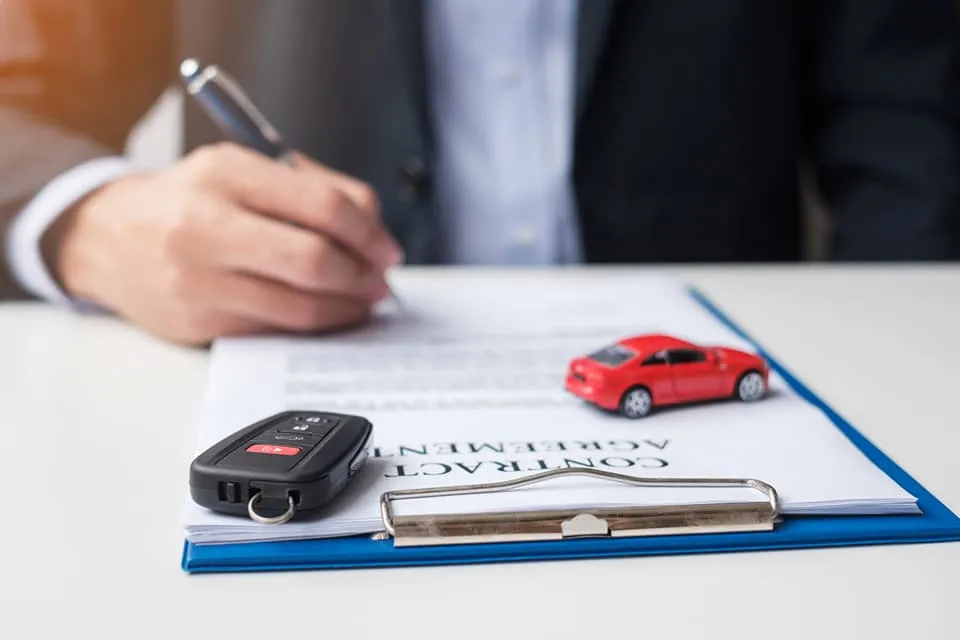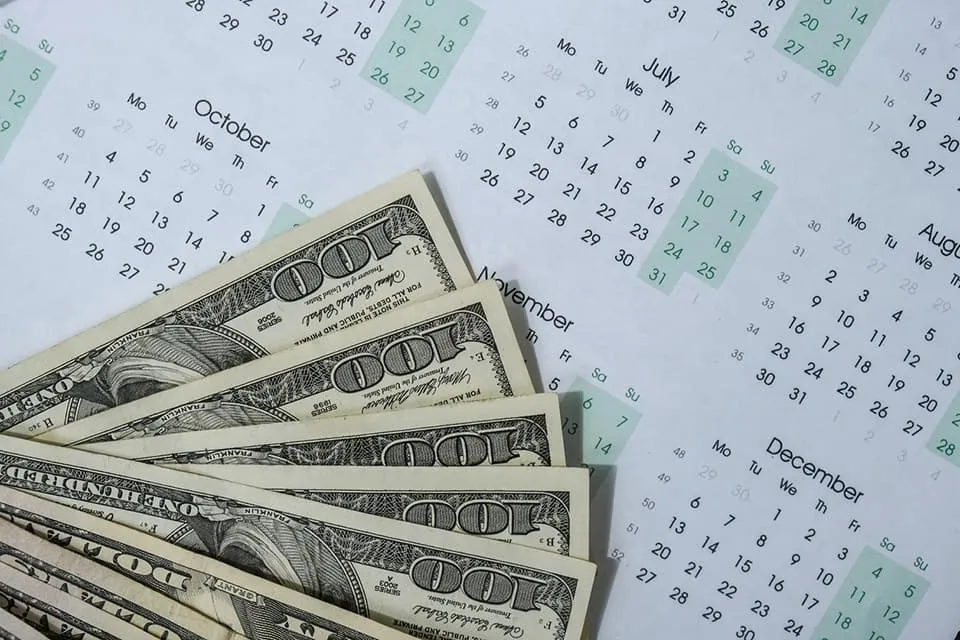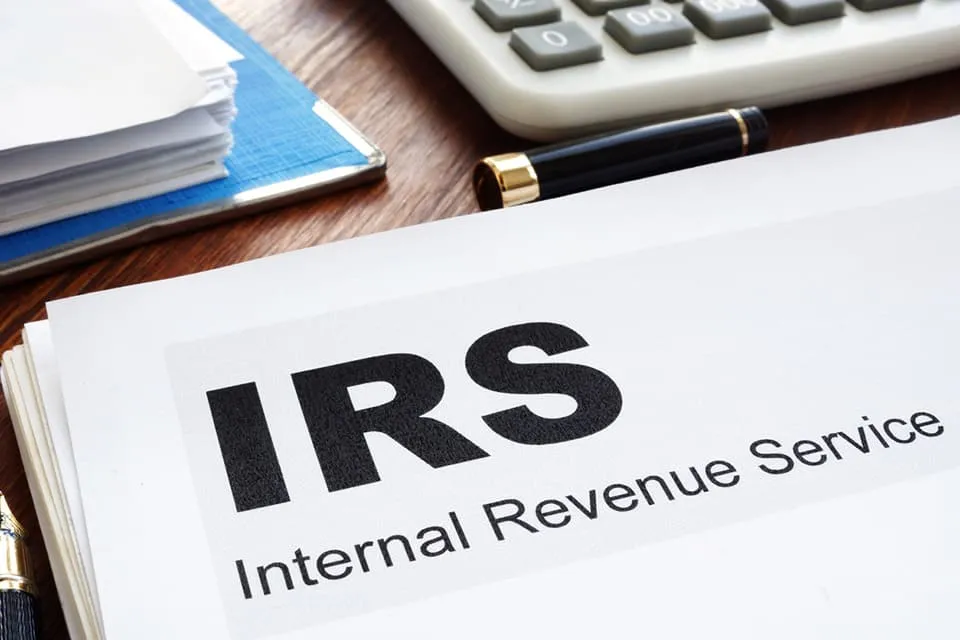What Is a Lien on a Car?

When most people purchase a new vehicle, they do so with the help of a financing plan. This plan usually involves the creation of a car lien; A car lien establishes the lender's right to hold legal possession of the vehicle until all payments are made. The car may be registered to you, but the lender is the legal owner until you pay off the debt completely.
So why does this system exist? What is the purpose of car liens?
What Does Lien Mean On a Car?
Lien on a car is a precautionary measure taken to prevent non-payment to the lienholder. If you fail to make your loan payments or default in any other manner, the entity that lent you the money can take the vehicle back. This process is called "repossession", where a lender will take collateral (in this case, your car) in place of the monetary debt you owe.
Lenders can also require you to insure your vehicle in the case of a collision or other form of damage. They require insurance because if the car needs to be repossessed, it retains the value necessary to cover the cost of the loan. Once the vehicle is paid off, most of these requirements are removed.
What Is a Lienholder on a Car?
A lienholder on a car is a legal entity or individual that holds a financial interest in the vehicle until a debt secured by the car is fully repaid. Typically, the lienholder is the lender or financial institution that provided a loan for the purchase of the vehicle. This financial interest is recorded on the car's title, indicating that the lienholder has the right to repossess the vehicle if the owner defaults on their loan payments. Once the loan is paid off, the lienholder releases their claim on the vehicle, and the owner receives clear title. Understanding the role of the lienholder is essential for both buyers and sellers when transferring ownership of a car.
What Happens to My Car Lien After I Pay Off the Loan?
Once you have made the final payment to the lender, the car is now legally 100% in your possession. Therefore, it can no longer be used for collateral for that particular debt (though you may put it up as collateral for a future loan, in which case it could be repossessed). Once your debt is paid, you will receive the car title to finalize the transaction.
The process to transfer ownership from lienholder to borrower is simple and generally handled by the lender. First, the lienholder will fill out and send a document to the state Department of Licensing (DOL) or Department of Motor Vehicles (DMV). The department will update the car's title to show you as the full owner and send it to you in the mail. In addition, you will likely receive a copy of the release form to further prove ownership in the case of a dispute.
Can You Sell a Car With A Lien On It?
You can not sell a car with an active lien; however, you have several options when trying to sell a car with a lien, as long as you find a way to pay it off in full.
Paying Your Loan Early

The most straightforward option is to just pay off the loan before the sale. You can increase your monthly payments or pay off the loan all at once, depending on what your budget allows. This method will likely save you money, as car loans generally accrue interest. Once the car is paid off, you can transfer the title to the new buyer.
Selling The Car Privately
If you decide to sell the car on your own, you will need to handle all lien and transfer paperwork on your own. What you can do is ask the buyer to pay off the lien for you as part of the purchase price. This will likely lower the actual amount you will receive for the vehicle, but it's necessary to legally transfer the title.
Trading In At a Dealership
It's possible to have a dealership pay the lien off if you offer to trade the vehicle in. However, this is only possible if the trade-in price will cover the cost of the loan. If it doesn't, the dealer will likely refuse the trade-in or offer to add the balance to the loan for your new vehicle. Trading-in the car is often the most costly option, and could have you making higher payments each month than with your previous vehicle.
How to Check for a Lien on a Car?
If you want to check for an active lien on a car you wish to purchase, you first need to know where you are getting your vehicle. If you are buying a new car, the car will not have a lien. However, if it's a used car, the dealership will have to inform you of a lien on a car and take care of the paperwork before offering it for sale.
The issue comes when the sale is from a private entity. It's very possible someone may not disclose an active lien to you in a private sale, so you'll need to check the car lien yourself. If you find the vehicle does have a lien, all payments must be made before the title can transfer to you.
Some ways to check for a lien on a car are:
Ask the Seller For a Copy
The easiest way to check for a vehicle lien is to simply ask the seller for a copy. Unless you are dealing with someone attempting to scam you, the seller will likely just give you the copy without much trouble.
Check Your State's DMV
You can check for an active car lien by going into your local DMV or visiting their website. There will often be a way to find lien documents through their services, though you may need a vehicle identification number or VIN. If you need to find a VIN, you can enter the license plate in GoodCar's VIN check tool.
Find the Vehicle Title
If you can get access to the car's title, it should contain all relevant lien information. A vehicle title will have a record of any past or current liens, though what information a title has will vary depending on the state the car is registered in.
Conduct a Vehicle History Check
A vehicle history report will give you essential information about a car, including active liens, accident history, registration location, previous owners, and the number of prior owners. Conducting a vehicle history check is a great way to find any liens the car may have against it and get a better picture of the vehicle you are purchasing.
Types Of Car Liens
There are three separate types of car liens:
Tax Lien

When a taxing authority, like the IRS, determines an individual has not paid their taxes, they will take out a tax lien. The vehicle owner will receive a notice that a lien has been taken out against their vehicle, and the owner will need to contact the agency to discuss making payments.
Consensual Lien
A consensual vehicle lien is a loan that you have personally agreed to. A consensual lien is the most common type of lien and involves documents outlining the total cost and required payments. In the case of a consensual lien, you will be given the car title after all payments are made, and the lender transfers the document to you.
Statutory Lien
Like a tax lien, a statutory lien is due to outstanding debt. The difference between the two is that the statutory lien is court-ordered and results from non-payment of goods or services. This unpaid debt could be vehicle work, home repair, or any other purchases the owner has not paid in full. The court will use the car as collateral until the debt is paid.
Car Lien Frequently Asked Questions
What Is A Car Lien?
A car lien is documentation guaranteeing a lender is paid the cost of a car in full before they need to transfer over a car's title. It functions like an insurance policy for the lender in the case of non-payment or loan default.
How Do I Get a Lien Removed From a Car Title?
The only way to remove a lien from a car title is to pay off the associated debt. Once that is done, the lienholder should send you the title with the lien removed. If they do not, you may need to contact them and verify that the loan is paid in full.
Do I Need To File A Car Lien?
In general, you do not need to file for a lien. Unless you are personally adding a lien to your car's title, filing will usually be done by a car dealership. If you do need to file for a lien, you can do so by finding the procedure on your state's DMV or DOL website.
Are There Any Advantages To Having A Car Lien?
For the lender, a car lien has huge advantages. It acts as a safeguard against non-payment and can give the lender the assurance that the borrower will pay all debts in full. For the borrower, a car lien can be helpful if you have poor credit. Consistently making payments on your lien can help raise your credit and give you better interest rates on future loans.
How Long Does A Lien Last?
A car lien will last as long as it takes you to pay off the debt. After final payments are made, the time it takes for the dealer to transfer the title can take several weeks. Check your local DMV to see how long these procedures take in your state, as they may vary.
What Should I Do After Paying Off My Lien?
Once the debt is completely paid, the lien on a car will be removed. This is usually done by the lienholder; contact the dealership or lender you have the lien with and begin the finalization process. Make sure the lien is fully paid before contacting this entity to ensure you are ready to start the title transfer.
FREE Vehicle Search
- Accidents
- Problem Checks
- Title Records
- Recalls
- Values
- Specs
-
InfoPay, Inc. (dba GoodCar) is an Approved NMVTIS Data Provider
-
-






























